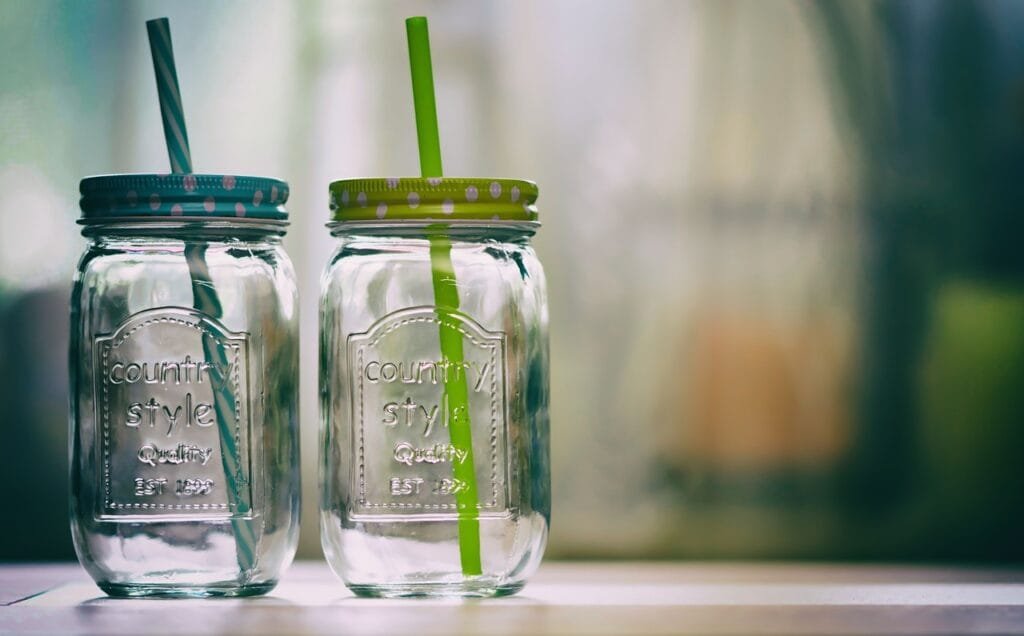Drinking glasses are a common household item, but when they break or are no longer needed, many people are unsure about how to dispose of them properly. While recycling is often the go-to solution for glass items, the process for drinking glasses is not as straightforward as it is for bottles or jars. Here is what you need to know about recycling drinking glasses.
Why Drinking Glasses Are Different
Drinking glasses are typically made from tempered glass or other types of glass that have a different chemical composition than the glass used for bottles and jars. This makes them more durable and resistant to heat but also means they have a different melting point. Recycling facilities designed to handle container glass cannot process drinking glasses without risking contamination of the entire batch.
According to a report by the Glass Packaging Institute, the chemical differences in tempered glass can lead to impurities in recycled container glass, reducing its quality and usability. This is why many recycling programs exclude drinking glasses from their accepted materials.
Can Drinking Glasses Be Recycled?
In most cases, drinking glasses cannot be recycled through curbside recycling programs. The differences in their chemical makeup and melting points mean they cannot be mixed with standard recyclable glass. Additionally, broken drinking glasses pose a safety hazard for workers handling recycling materials.
However, some specialized facilities are equipped to handle non-container glass. These facilities use processes that accommodate the unique properties of drinking glasses, ensuring they are recycled without contaminating other materials.
Responsible Disposal Options
Reuse or Repurpose: Instead of discarding old or broken drinking glasses, consider repurposing them. Intact glasses can be used for storage, decorative purposes, or craft projects. Broken pieces can be transformed into mosaic art or other creative projects. For example, creating a mosaic backsplash or garden stepping stones can give new life to broken glass.
Specialized Recycling Facilities: Some recycling centers accept non-container glass, including drinking glasses. Check with your local recycling facility to see if they accept this type of material. Websites like Earth911 and local government recycling directories can help you locate these specialized facilities.
Disposal: If reuse or specialized recycling is not an option, wrap broken glasses in newspaper or a similar material, place them in a sealed container, and dispose of them with regular trash to prevent injury. According to the U.S. Environmental Protection Agency (EPA), proper disposal of sharp objects significantly reduces risks to sanitation workers.
Tips for Preventing Waste
- Invest in Durable Glassware: Choosing high-quality drinking glasses can reduce the frequency of breakage and the need for disposal. Statistics show that durable glassware can last up to five times longer than cheaper alternatives.
- Handle with Care: Proper handling and washing techniques can extend the lifespan of your glassware. Avoid exposing glasses to sudden temperature changes, which can cause them to crack or shatter.
- Consider Alternatives: If breakage is a concern, opt for durable alternatives like stainless steel or BPA-free plastic drinkware. These options are especially useful for households with children or outdoor use.
Recycling Statistics
According to the U.S. Environmental Protection Agency (EPA), glass containers have a recycling rate of 33%, but this figure does not include non-container glass like drinking glasses. The lack of infrastructure for recycling non-container glass contributes to higher disposal rates, highlighting the importance of exploring reuse and specialized recycling options.
Recycling drinking glasses requires careful consideration due to their unique composition. By exploring alternative uses, checking for specialized recycling options, and practicing waste prevention, you can minimize the environmental impact of disposing of drinking glasses. Always consult local recycling guidelines to ensure proper disposal methods in your area.
For more information on responsible disposal practices, visit Dispose It Well.

